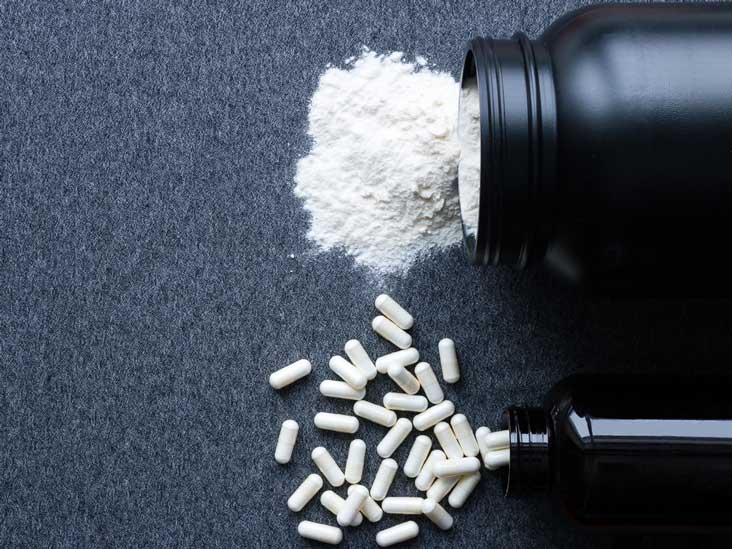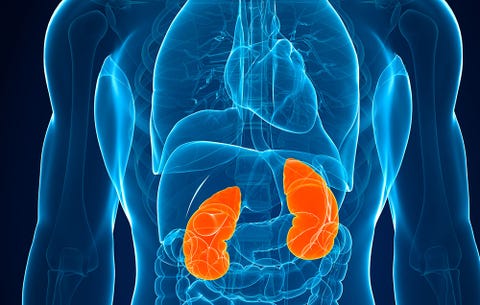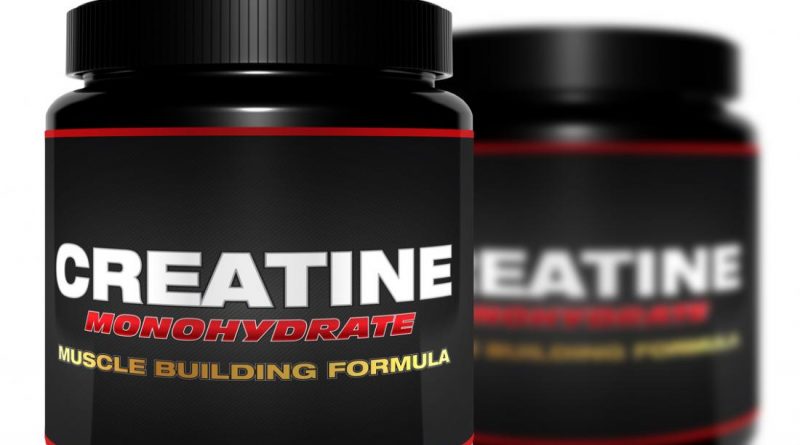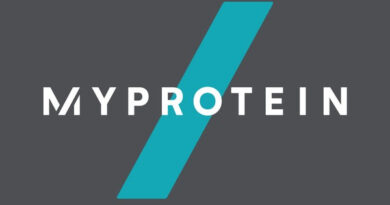Do You Need a Creatine Supplement?
Creatine supplements have recently become very popular, with plenty of products on the market to try out and choose from. With all of these choices available, you may find yourself wondering if you really need a creatine supplement. Keep reading to learn more about the importance of creatine and what it can do for your body, as well as how much you might want to invest in this type of supplement. You’ll even learn about some of the best creatine supplements on the market today!
What is Creatine and How Does it Work?

Creatine is a substance that’s found naturally in your body, mostly in your muscles. It’s also found in small amounts in some foods, such as meat and fish. Your body uses creatine to make ATP (adenosine triphosphate), which is the energy source for your muscles. ATP provides the energy for muscle contractions. During intense exercise, the rate of ATP production can’t keep up with demand. Creatine helps increase the amount of ATP available during intense exercise by donating its phosphate group to ADP (adenosine diphosphate) so it can return to its original form: ATP. When you take a creatine supplement your body has more stored phosphate groups available and can continue providing energy at a higher rate over time. Taking a creatine supplement doesn’t just improve performance during short-term bouts of high-intensity workouts; it also leads to greater gains in strength and muscle mass after long periods of training. Another important function of creatine is maintaining levels of glucose and oxygen in cells, which are crucial for brain function. These benefits may explain why many athletes—including wrestlers, boxers, football players, tennis players, swimmers and sprinters—take creatine supplements or eat foods containing it. Other people who might benefit from taking a creatine supplement include older adults experiencing age-related muscle loss known as sarcopenia or those on a low carbohydrate diet who need additional energy to maintain their blood sugar levels. Those with kidney disease should avoid creatine supplementation unless advised otherwise by their physician. There are no side effects associated with creatine supplements when taken in recommended doses under medical supervision. As always, be sure to consult your doctor before starting any new dietary regimen or workout program.
Why Is It Important To Take Creatine Supplements

Creatine is important for many reasons. It helps to produce energy, aids in muscle recovery, and can even help improve brain function. Creatine supplements can help you to reach your fitness goals by providing your body with the extra energy it needs to perform at its best. If you are looking to gain muscle, creatine can help you to recover from your workouts more quickly and build muscle mass. And if you are interested in improving your brain function, creatine has been shown to improve memory and cognitive function. Furthermore, some studies have suggested that people who take creatine supplements may live longer than those who do not take them. So does this mean that you should be taking a supplement of this magical substance? Definitely! Get yourself a good quality supplement today!
1) What type of creatine will work best for me?
2) How much should I take per day?
3) Will my doctor approve?
4) What are the side effects?
5) What other benefits come with creatine use?
6) Who shouldn’t take creatine supplements?
7) Is there anything else I need to know about using these supplements?
What Are The Side Effects Of Using Creatine Supplements

Although creatine is considered safe, there are some potential side effects to be aware of. These include: weight gain, bloating, cramping, dehydration, gastrointestinal distress, muscle soreness, and increased risk of injury. If you experience any of these side effects, discontinue use and consult your doctor. There are also other supplements that can help give you the same benefits as creatine without all the negative side effects such as alpha lipoic acid or coenzyme. However, not everyone needs or should take creatine so it’s best to speak with your doctor before adding this supplement into your daily routine. For those who have been working out for at least five years, take in an adequate amount of protein in their diet, and get enough rest on a regular basis don’t need a creatine supplement. For those who have specific health conditions or diseases, talk to your doctor about whether or not you need a supplement for better performance. For anyone who has symptoms of fatigue or malnutrition – another reason why creatine might be beneficial – then by all means go ahead and consider taking one! They’re available over-the-counter and usually cost between $5-$30 depending on where you buy them from. Overall, if you work out more than four times per week for more than 30 minutes at a time and are trying to put on mass or improve recovery time then try out a creatine supplement! But remember that they’re not right for everyone. Speak with your doctor first to see if it would be a good idea for you. Creatine supplements can help but just like anything else, it won’t solve everything and does come with its own set of potential side effects. Don’t just jump into something because others say its good unless you know what the risks are and how much you’ll benefit from it.
How Long Does It Take For Creatine To Show Results And How Often Should You Take Them?

According to numerous studies, it takes approximately 28 days of continuous use for creatine to show results. This is because it takes that long for your body to fully saturate its creatine stores. Once your stores are saturated, you’ll see an increase in strength and power. Over time, if you stop taking creatine, your creatine stores will eventually decrease. For this reason, many experts recommend cycling on and off periods of supplementation. Your individual requirements may vary depending on factors such as diet, muscle mass, and the intensity at which you train. In general, the more intense your workout regimen, the more creatine you’ll need to take. The American College of Sports Medicine recommends taking five grams per day when undertaking high-intensity training or weightlifting (or up to 10 grams per day if undertaken in conjunction with endurance training). However, there’s no need to take any if you don’t want – most people get enough through their diet alone (especially if they eat meat or fish)




